This Series is for those who do not know when to stop eating, or for those who do not find any pleasure in doing so. In the end, suffering is the same. Ask yourself: why do you eat?
Do you have some ingrained beliefs that seem to be considered healthy, but seem to actually be sabotaging you and keeping you away from your goals?
Do these eating habits have an effect on your progress as you look for success in your life?
Again, ask yourself:
are you eating to live or living to eat?
People might not recognize their action as self-harming or indirect suicide yet. But as explained by the US National Library of Medicine, National Institutes of Health in their article published in 2010, indirect (or chronic) suicide.
Chronic self-destructiveness is defined by Konstantinos Tsirigotis, Wojciech Gruszczyński, and Marta Tsirigotis-Wołoszczak as such as behavior involving the generalized tendency to engage in acts that increase the probability of experiencing future negative consequences. And/or reduce the probability of attaining future positive ones.
Indirect (chronic) self-destructiveness is also considered as behavior whose probable negative consequences are mediated by additional factors, and the relation between behavior and harm is considered as a probable one.
Indirect (chronic) self-destructiveness, implied this way, includes not only undertaking and abandoning (commission or omission of) acts. It is also concerns involved in dangerous and aggravated risk situations or neglecting one’s health and safety.
Based on this definition, would you consider yourself a causer (and consequent victim) of indirect suicide? Here are some questions to help you figure it out:
What feelings are related to your hunger or your lack thereof?
Are you eating out of fear, hate, loneliness, frustration, or even anxiety? Are you using your meals to hurt yourself?
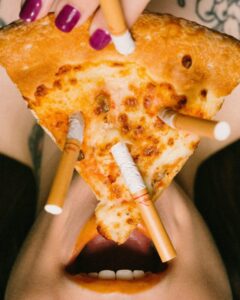
Don’t eat like a convict. Photo by Wei-ding-XCcJunDnVDw-Unsplash
We want to help you answer these questions. Once you know what feelings control your life, you can more easily change your attitude towards your subconscious drives.
This change of attitude will allow you the ability to work with your subconscious, so that you may come to understand why you have certain eating patterns and what triggered them in the first place. (Needless to say, you would be well on your way to a more peaceful relationship with food.)
We all know how some troubles just seem to linger around and make our lives living hell.
We have personally also overcome many hard situations, and now we hope to guide and support you on this journey as you cross through a sacred portal, where you finally get to greet your very own high self-esteem. (And, yes, this portal does exist! It’s been waiting (and will continue to wait) until you are courageous enough to step through it.) This book has come to fruition from having been asked to give a speech based on Amalia’s personal achievements regarding diet and self-esteem.
With such an empowering opportunity, she decided to go further than just the speech and is writing this series inviting some people who want to share their experience and expertise. Mayara Deo, an artist, was the first co-writer and Maria Lucia Barbosa, a psychologist, joined too, so that help could be available to you whenever you most need it. Now, we want to call on you to join us in creating a new path for your own life – just like we did.
What do you say?
Mayara Deo and Amalia M. Laiseca wrote this post.

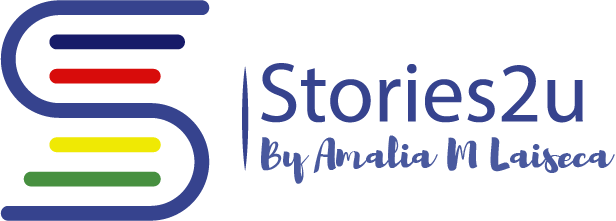

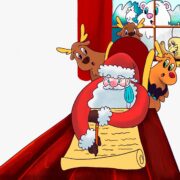
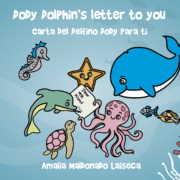

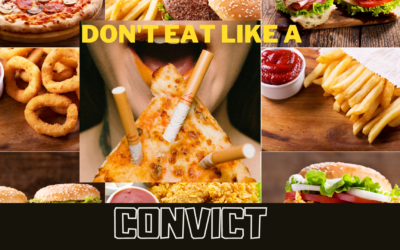
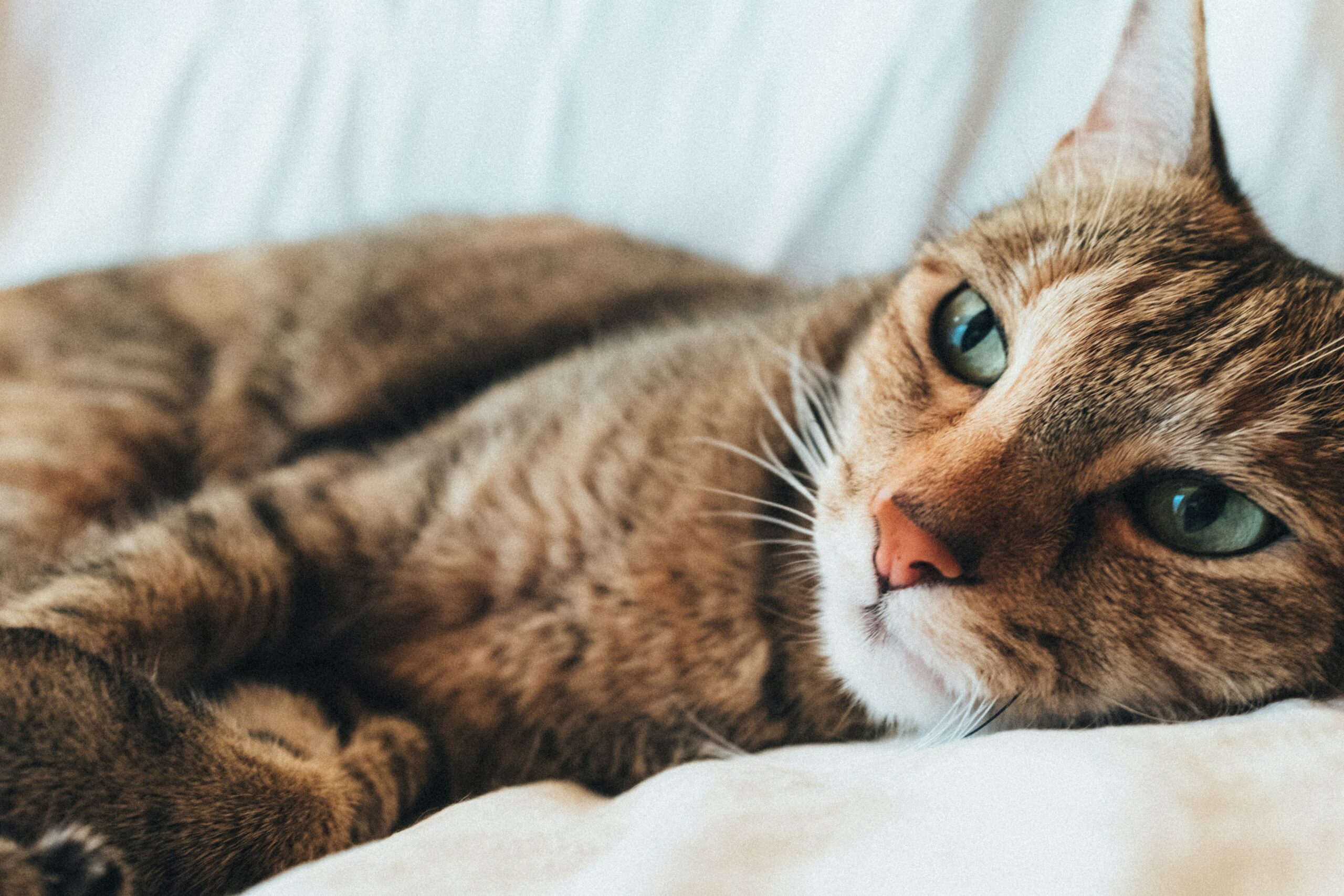
0 Comments